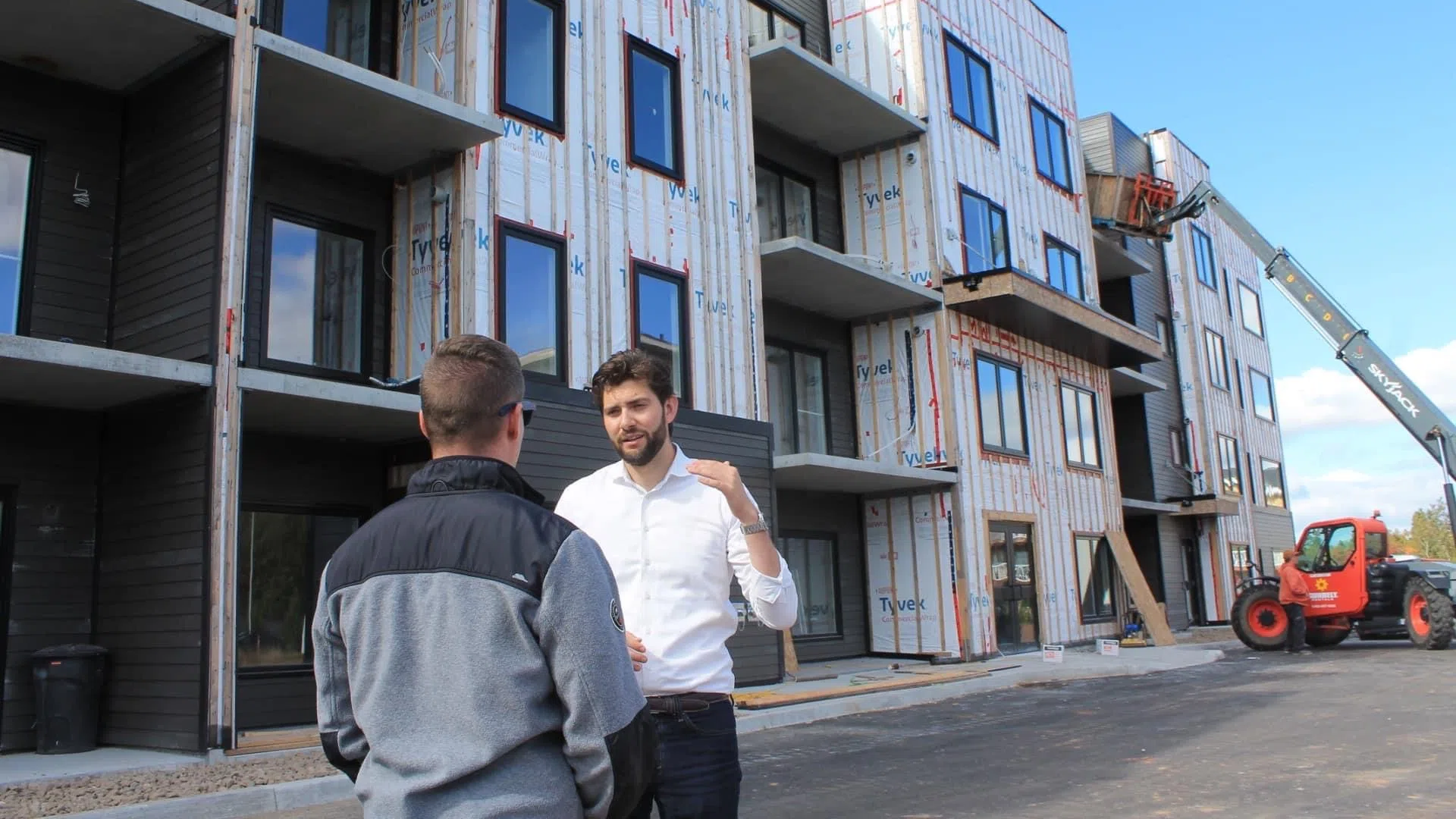Some relief is coming for New Brunswickers who have faced massive rent increases in recent years.
The province’s long-awaited three per cent rent cap officially takes effect on Saturday, Feb. 1.
It was one of the first measures introduced by the new Liberal government after their election last fall.
“We saw just very clearly the need in the community that New Brunswick is feeling, that over six years in this province, rents have increased by 40 per cent,” Housing Minister David Hickey told our newsroom.
“We said we need to step up and we need to do it in an urgent way so that we can offer that security and that dependability that renters need to say, not only do I know what my rent is going to be next month, I know what it’s going to be next year.”
Tenants’ advocacy groups in the province have welcomed the rent cap but have said they want the government to go further to ensure tenants are protected.
RELATED: Tenants’ advocacy group applauds proposed rent cap
NB ACORN wants to see legislative changes that stop renovictions and landlord-use evictions from happening. They also want the province to ban a practice known as cash for keys, where tenants are approached by landlords and offered money in exchange for their agreement to move.
Hickey said those are some of things the government will consider as they look to overhaul the Residential Tenancies Act later this year.
“We’ve already noted 30 different pieces of that legislation that we’d like to see change,” the minister said, which includes establishing a rental database so they know how much every renter is paying.
While the rent cap is being applauded by tenants’ advocacy groups, it has drawn concern from the New Brunswick Apartment Owners Association.
RELATED: N.B. apartment owners raise concerns over proposed rent cap
President Willy Scholten told our newsroom previously that while the cap aims to protect tenants, it ignores the financial pressures facing property owners.
Scholten said the province also need to address the cost side of the equation for landlords, particularly when it comes to their biggest cost — taxation.
The Liberal government has committed to property tax reform, but changes are not expected until 2026.
Meanwhile, Hickey is encouraging any tenants who see a rent increase larger than three per cent to contact the Tenant and Landlord Relations Office.
“It comes down to as simple as, it does not matter the notice. You cannot pay more than three per cent the rent you are paying now in February,” he said.
“If you got notice in September for a rent increase in March, that increase is capped at three per cent.”





